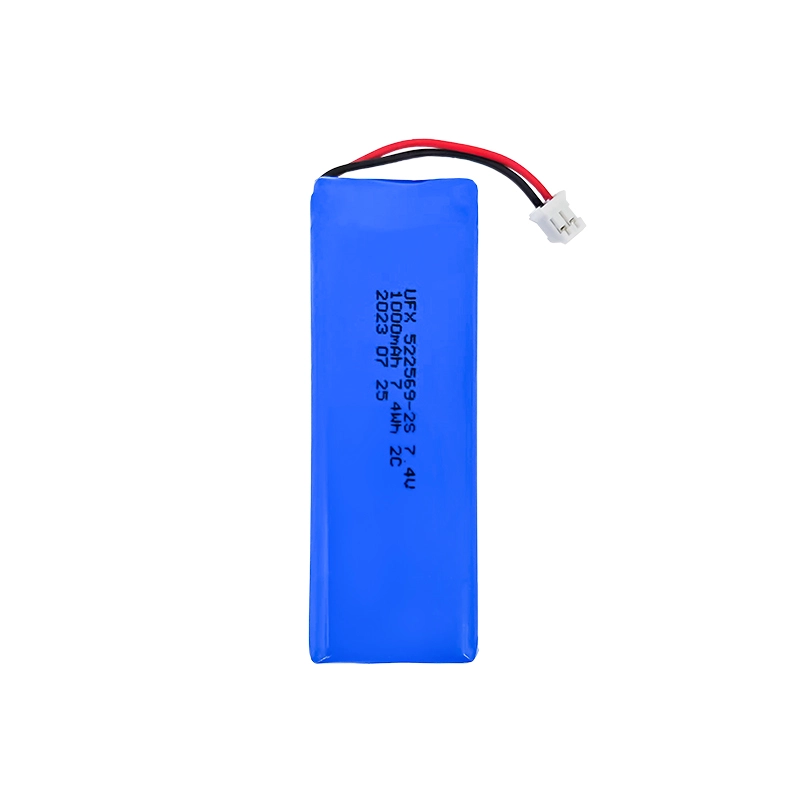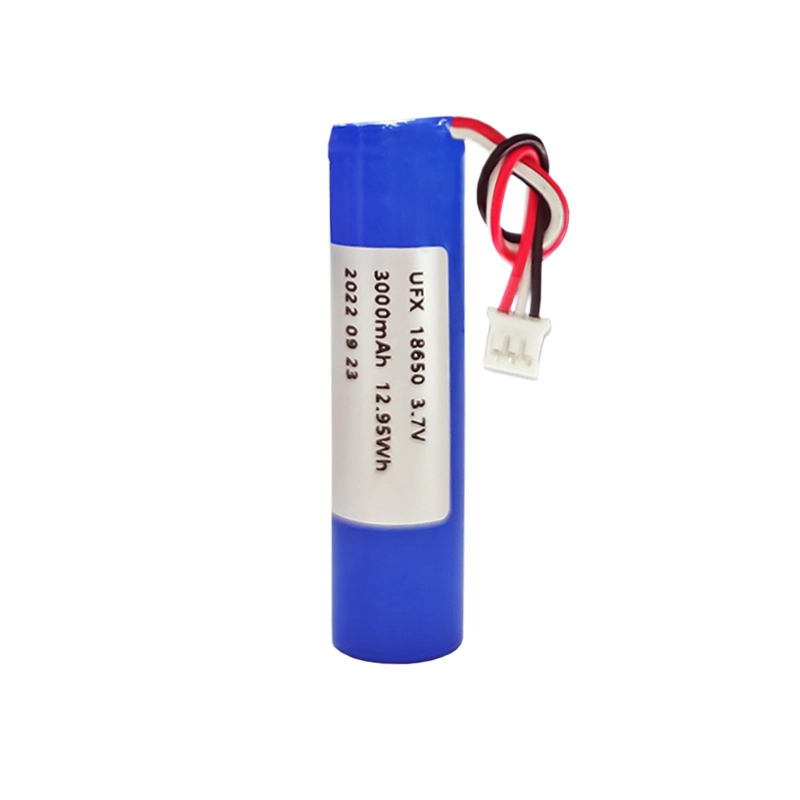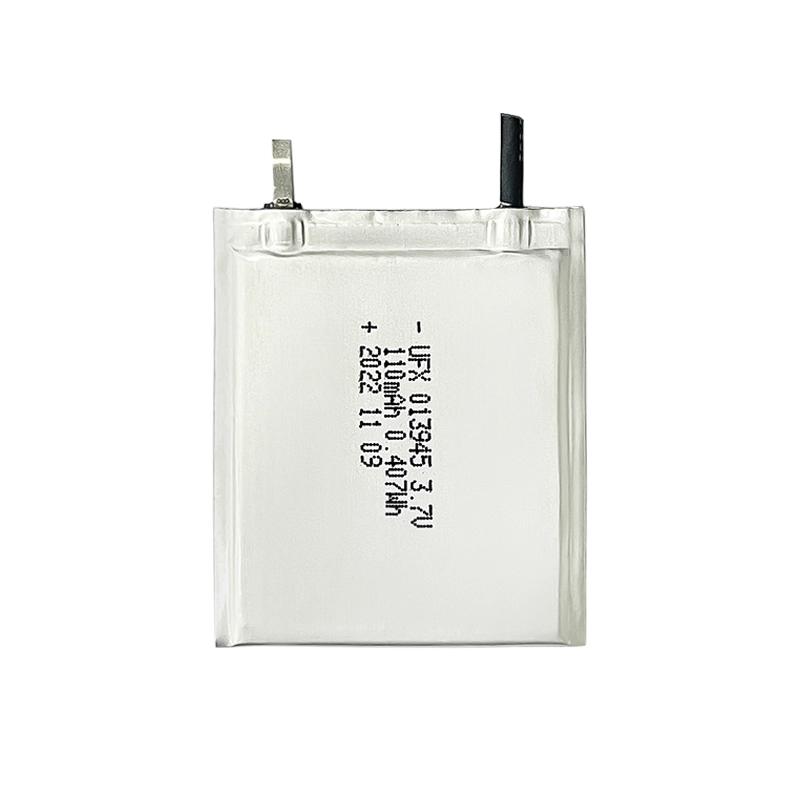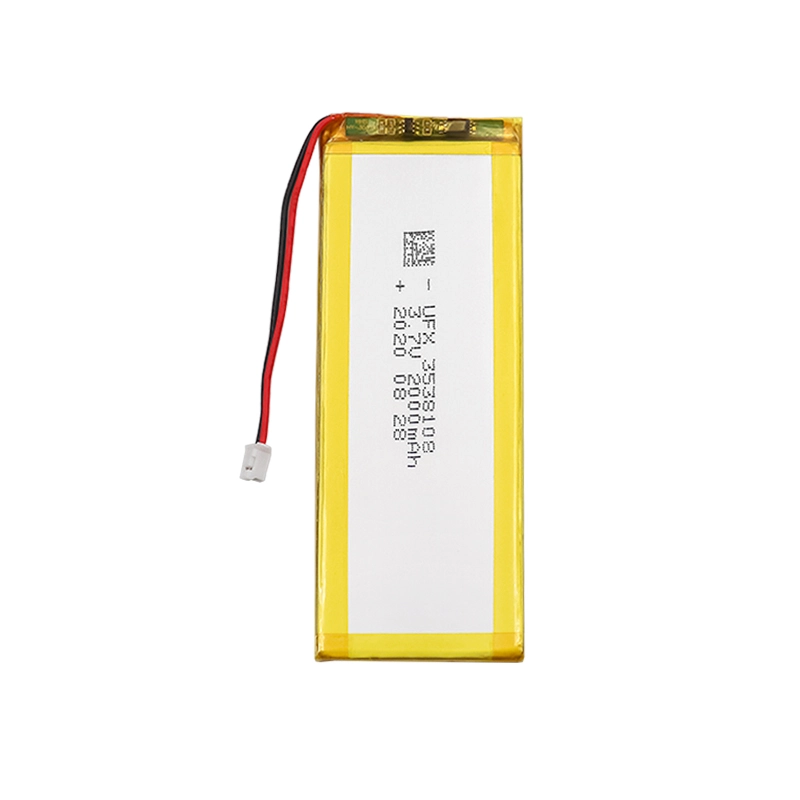
Speaker Battery Types And Lifespan
When it comes to enjoying music on the go, nothing beats the convenience of portable speakers. Behind their impressive audio performance lies a reliable power source: the speaker battery.
Lithium battery is currently the most widely used battery. It has the advantages of high energy density, long life, lightweight, and no memory effect, and is widely used in various fields. At present, the application fields of lithium batteries can be summarized into the following four areas: digital products, power batteries, energy storage fields and aerospace fields.
Principle of speaker battery
Speaker batteries operate on the principle of supplying electrical energy to power the speaker’s internal components. When the speaker is turned on, the battery provides the necessary voltage to drive the audio drivers and amplify the sound produced by the speaker system. This allows you to enjoy your favorite tunes anytime, anywhere.
Types of speaker batteries
-
1. Rechargeable Lithium-ion Batteries: Rechargeable lithium-ion batteries are a popular choice for portable speakers, including Bluetooth speakers. They offer a high energy density, allowing for extended playback time. These batteries can be recharged multiple times, making them a cost-effective and eco-friendly option.
2. Alkaline Batteries: Alkaline batteries, such as AA or AAA, are also used in some portable speakers. They are readily available and convenient for immediate use. However, they are not rechargeable and may require frequent battery replacements.
Speaker battery size
The size of the speaker battery depends on the design and power requirements of the speaker. Portable speakers typically use compact batteries that strike a balance between size and performance. Common sizes include 18650, 26650, and other custom sizes specific to the speaker model.
Battery life of speaker batteries
The battery life of a speaker depends on various factors, including the battery capacity, speaker power consumption, and volume levels. Rechargeable lithium-ion batteries typically provide several hours to several days of playback time, depending on usage. Alkaline batteries may offer shorter playback time and require more frequent replacements.
Having a reliable power source is crucial for enjoying your favorite music with portable speakers. While alkaline batteries are convenient for immediate use, rechargeable lithium-ion batteries offer a longer lifespan, higher energy density, and cost-effective operation. With their ability to be recharged multiple times, they ensure uninterrupted musical experiences.
High Energy Density
It stores large amounts of energy in a smaller and lighter package
Longer Cycle Life
Withstands extensive charge and discharge cycles
Low Self-Discharge
Maintains power longer when not in use
Safety
Minimizes the risk of accidents and ensures safe operation
More Information About Speaker Battery
-
How long do lithium batteries last?
-
Can lithium batteries be customized for specific applications?
-
What is the minimum order quantity (MOQ) for lithium batteries?
-
What is the lead time for lithium battery production and delivery?
Latest Blogs
About Lithium Battery Industry News

How to Choose the Best Floor Scrubber Battery for Commercial Cleaning?
Selecting the ideal floor scrubber battery ensures a long runtime, rapid charging, and minimal maintenance for efficient commercial cleaning operations.
2025/04/23 Ufine

Battery for Blower vs Battery for Leaf Vacuum: Which One Should You Choose?
Battery for blower vs leaf vacuum—learn the key differences in power, fit, and runtime to choose the right battery for your outdoor tool needs.
2025/04/23 Ufine

How to Choose the Right Battery for Blower?
Choosing the right blower battery? Consider voltage, capacity, chemistry & usage. This guide helps match the best battery for peak performance.
2025/04/22 Ufine

How to Choose the Best Insulated Battery Box for Lithium Batteries?
Choosing the Best Insulated Battery Box for Lithium Batteries? Discover key factors such as size, material, and safety for optimal protection and performance.
2025/04/22 Ufine
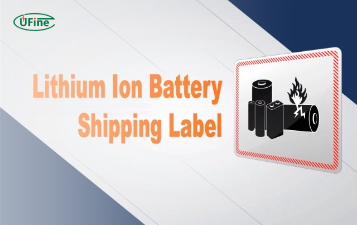
7 Critical Elements on a Lithium Battery Shipping Label
What must be on a lithium battery shipping label? Learn 7 key elements to ensure safety, legal compliance, and correct handling across all transport modes.
2025/04/22 Ufine
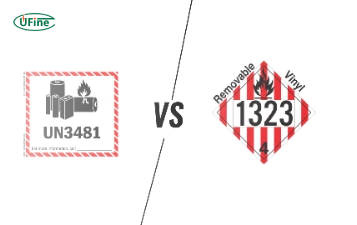
UN3481 vs UN1323: Classification Guide for Lithium Batteries
UN3481 vs UN1323: UN3481 is for lithium batteries in equipment, while UN1323 covers flammable solids and doesn't apply to batteries.
2025/04/21 Ufine

